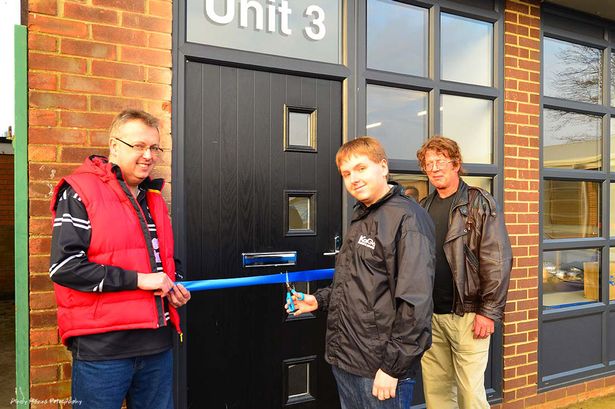Home
About Us
OMICS Technologies For Predictive Modeling of Infectious Diseases Program
by: Michael SaundersThe National Institute of Health, more commonly referred to as NIH, is a federal government agency operating within the United States Department of Health and Human Services that is primarily responsible for supporting the country's biomedical and health-related research studies.
|
|
The grants and initiatives of the NIH are all geared towards the successful realization of its primary agency mission which is to "seek fundamental knowledge about the nature and behavior of living systems and the application of that knowledge to enhance health, lengthen life, and reduce the burdens of illness and disability."
In keeping with this mission, the National Institutes of Health has formed a partnership with the National Institute of Allergy and Infectious Diseases (NIAID) in an attempt to establish the OMICS Technologies For Predictive Modeling of Infectious Diseases Program.
The program is specifically designed to aid in the development and validation of predictive models of infectious disease initiation, progression and outcomes while employing integrated datasets generated from a combination of "omics" technologies.
OMICS technologies refer to the process involving rapid and accurate measurements tens and hundreds of thousands of data points (i.e., DNA sequences, gene expression levels) in a short period of time.
At present, there four major types of "omics" technologies that are being used to gather data, these include genomics, transcriptomics, proteomics, metabolomics.
(continued...)
OMICS Technologies For Predictive Modeling of Infectious Diseases Program
Page 2
About The Author
Michael Saunders is an editor of TopGovernmentGrants.com one the the most comprehensive Websites offering information on government grants and federal government programs. He also maintains Websites providing resources on environmental grants and grants for youth programs. |
Additional Resources
category - Health Grants
Child Health Research Career Development Award Program
HRSA: Reducing Loss to Follow-up after Failure to Pass Newborn Hearing Screening
Health Resources and Services Administration: Affordable Care Act - Immediate Facility Improvements Program
Competitive Revision for Technology Development Within Biomedical Technology Research Centers Program
Follow @topgovtgrant
Social Entrepreneurship
Spotlight
Hexham Social Enterprise Launches Workshop to Provide Training for the Unemployed

A Gilesgate-based shop and community facility, Hexham’s Core Music, launches a separate workshop where up to six people will be trained how to repair guitars and make ukuleles. The European Social Fund grant supported the project and has secured funds through the County Durham Communication Foundation to equip the workshop in Burn Lane.
